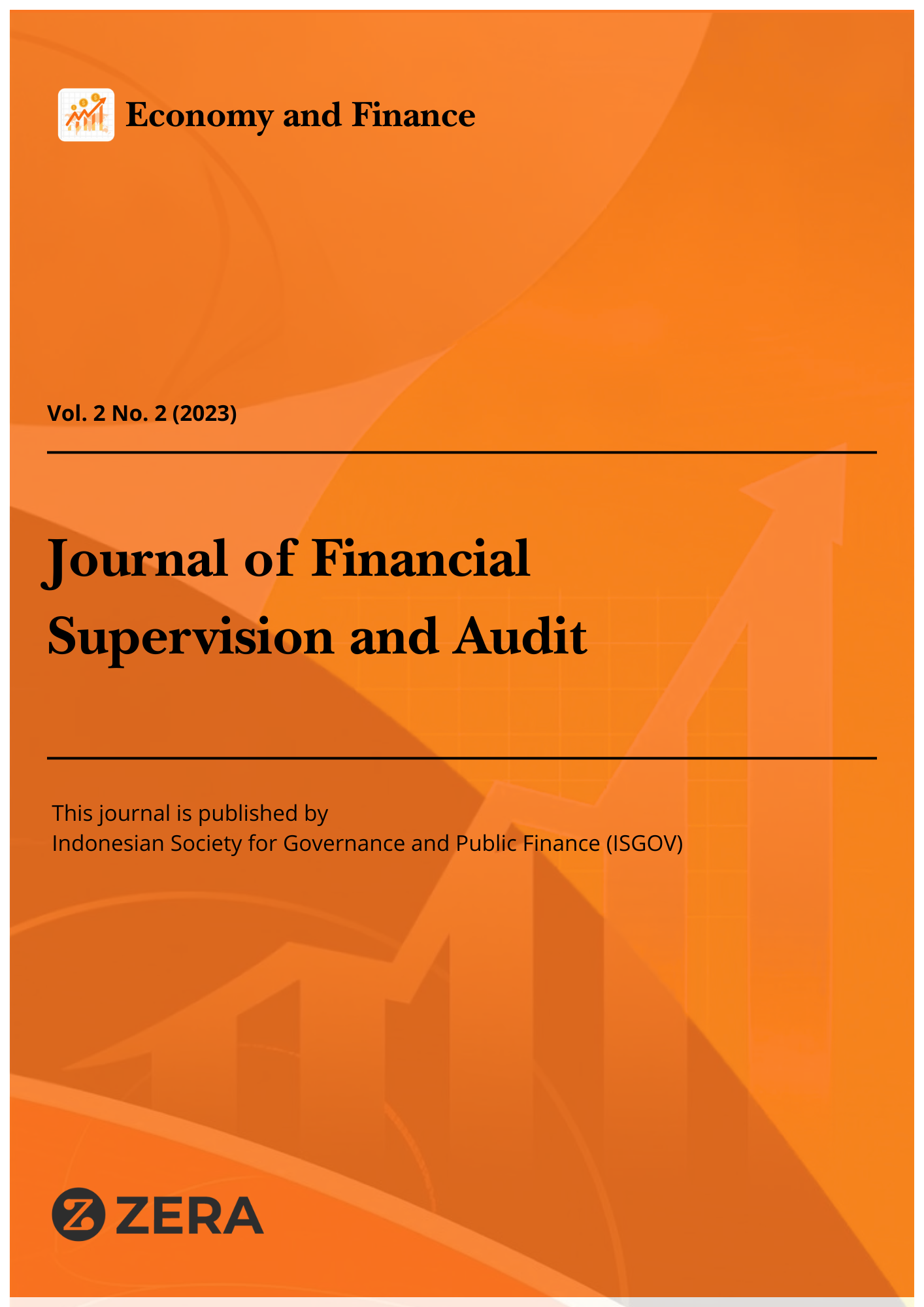Keywords:
BRIN, Competitiveness, Innovation, Research System, Technology AdoptionAbstract
This study emphasizes the strategic role of reinforcing Indonesia’s national research and innovation system to enhance the competitiveness of the domestic industry. Despite ongoing efforts, several challenges remain, including low levels of research commercialization, institutional fragmentation, and limited coordination between academia, government, and the industrial sector. Employing a qualitative approach through a literature review, the study analyzed data from scientific journals, policy reports, and publications from official institutions. The results demonstrate that a well-structured research system can significantly improve production efficiency, support the adoption of advanced technologies such as AI and IoT, facilitate the development of high-value and innovative products, and strengthen human resources through education and technical training. Institutional integration initiatives, notably the establishment of Badan Riset dan Inovasi Nasional (BRIN) and the implementation of the Making Indonesia 4.0 program, highlight the potential for transformative impacts on the national industrial landscape. Although obstacles such as low innovation rankings, coordination challenges, and uneven implementation persist, fostering structured and synergized research and innovation efforts remains the most effective pathway to sustainably increase Indonesia’s industrial competitiveness and support long-term economic growth.


